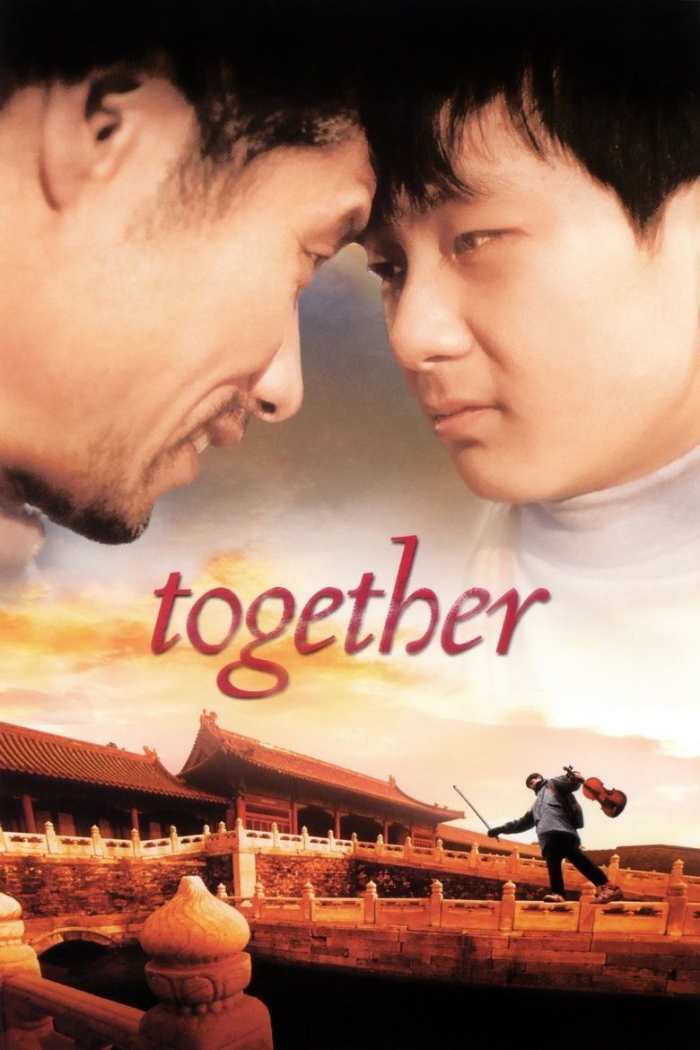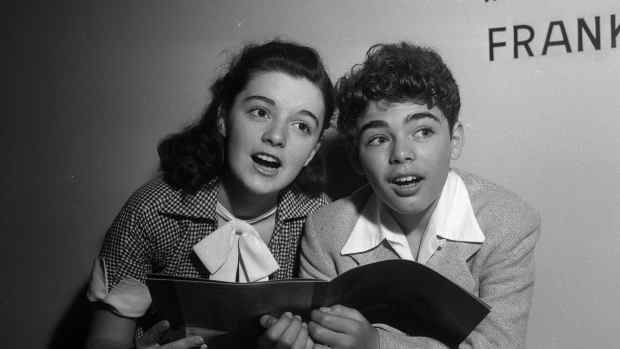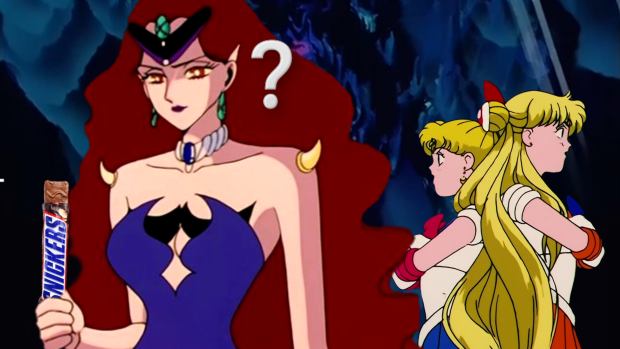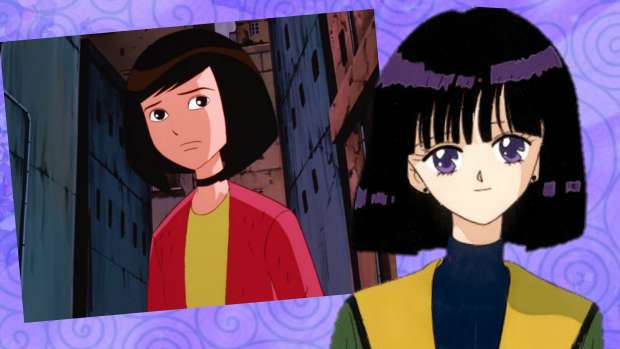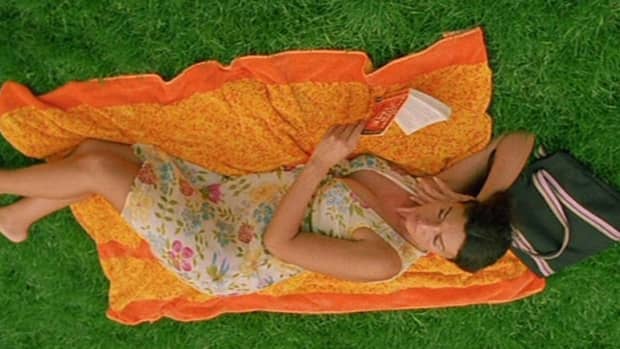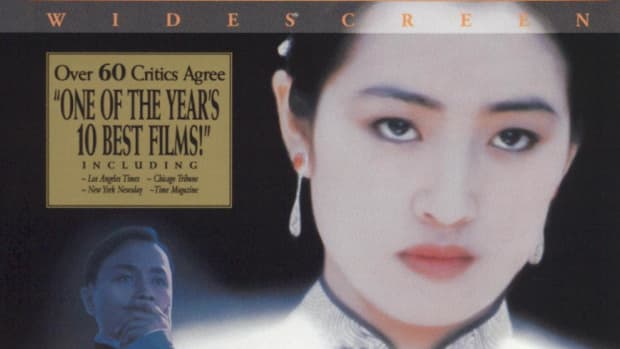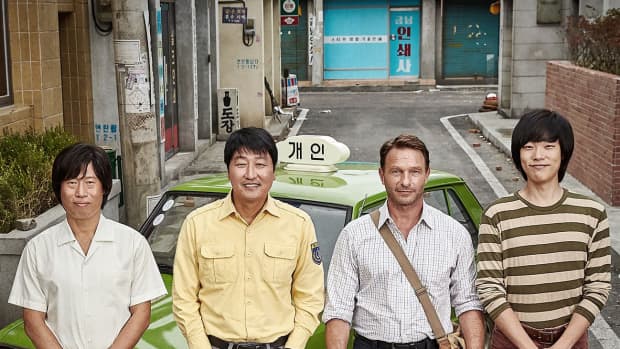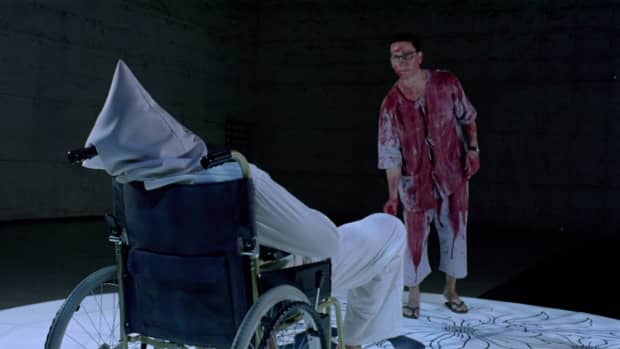"Together" (2002) Movie Review
Together (2002) Review
Best known for his epic historical dramas, Chen Kaige directed and acted in this 2002 Chinese drama film about the emotional 13-year-old violin prodigy Xiaochun (Tang Yun) and his peasant father, Liu Cheng (Liu Peigi), who wants the best for his son. Supporting characters include the pretty, frivolous Lili (Chen Hong), who lives off her boyfriends; the messy, eccentric Professor Jiang (Wang Zhiwen), who is Xiaochun’s first teacher in Beijing; and Professor Yu (Chen Kaige), the most powerful violin teacher in the city who takes Xiaochun as a student.
With notable and realistic performances, powerful music, and meaningful sentimentality, Together mostly succeeds in capturing the audience’s rapt attention. The laudably subtle background collision of an old and somewhat backward China in the countryside against a modern, fast-moving, and competitive China in the city of Beijing is well-portrayed and believable.
Plot
Xiaochun has won the local violin competition every year in his provincial town, where his father works as a restaurant cook. Apparently, his mother left her husband and child early in Xiaochun’s life. Dreaming of bigger opportunities for Xiaochun, Liu Cheng puts his meager savings into a cap and sets out with his son to Beijing, where the latter’s musical talents can be more suitably (and financially) appreciated. The impoverished father and son pair are amazed by the busyness of the city and must at first book rooms in a bathhouse. Extraordinarily naïve, Xiaochun finds his first crush in the fashionable, temperamental, and attractive Lili. Xiaochun places fifth in the art institution Children’s Palace competition (though he ought to have first—others placed higher due to their parents’ bribery of the conservatory).
After considerable coaxing, the once-famous piano player Professor Jiang agrees to privately tutor the musical prodigy. The relationship is a tumultuous one, with sulking and hurled insults as well as attachment and admiration on both sides; soon, Liu Cheng realizes that his son should have a more influential instructor than the reclusive Professor Jiang if Xiaochun is to gain fame and fortune.
Recommended
After some erratic behavior from the resentful Xiaochun, who sells his violin to buy Lili a fur coat and refuses to play for Professor Yu, the wealthy Westernized teacher is impressed enough by a performance from the 13-year-old to teach him. He already has a quite talented female student, who, however, cannot seem to infuse emotion into the music. Professor Yu, who can promise a future of concerts and academies for Xiaochun, grooms him for an international competition, much to the jealousy of the first student. Meanwhile, Liu Cheng prepares to return home, where he plans to work and earn enough money to finance Xiaochun studying abroad. Xiaochun learns of how Liu Cheng is not his blood father and that he was found at the railway station as a baby. In the end, he chooses to be with his father (and Lili and Professor Jiang) rather than achieve the much-dreamed-of fame and fortune he could gain with Professor Yu.
Performances
New actor and actual violinist Tang Yun turns in a fine, subdued performance as Xiaochun. At first, he seems to lack mobile facial expressions, but his sensitive body language more than compensates. During the scene in which Professor Jiang orders him to do chores and pick up after the numerous cats, it is clear that Xiaochun is unhappy and about to explode, all of which is conveyed without words. His cheerful innocence as he obediently listens to and follows Lili both charms and incites a smile. Needless to say, his musical abilities are unquestionable and incredible to watch.
Liu Peigi is thoroughly convincing as the hapless father driven by love for his son to embarrass himself and work menial, dangerous jobs. Liu Cheng’s painful smile as Professor Yu informs him that Xiaochun is to stay with him “in order to facilitate things” will doubtless wring tears from parental eyes in the audience. Wang Zhiwen as Xiaochun’s slovenly first teacher brings humor and a good impression of initial bitterness, then heartwarming belief in his talented student to the screen. The scene in which he argues with the woman about the placement of the coal and his aghast remark to Xiaochun, “You’re siding with the enemy,” evokes chuckles.
Themes
Together thematically warns of the challenges a talented artist must confront, succinctly if too obviously phrased by Professor Jiang: Xiaochun can either be a consummate and true violinist or a wealthy and famous musician who panders to the audience. Simply put, Xiaochun has to choose between the musically bright future Professor Yu can provide that is without heart and love or a life with friends and his father, Liu Cheng, that is full of those missing qualities. Commercialization can corrupt even the most gifted of prodigies who pursue paths that do not allow them to be true to themselves.
Review
Inspirationally humanistic, if missing depth and daring, Together at times touches on melodrama. The symbolism in Liu Cheng’s conversation with Xiaochun concerning the old violin and how the old must give way to the new is striking, perhaps even a bit overdone; nevertheless, Kaige does not stress the moment unbearably, and the nuanced acting makes the scene memorably touching. Some may think that the real story of Xiaochun’s origin at the train station adds unnecessary pathos to the film, except to emphasize how giving Liu Cheng has always been to a boy who is not his blood son.
The finale suffers from predictability, but the expected mawkishness is understated by the warm feeling of happiness suffusing the scene. Whatever the future holds for Xiaochun, whether or not he achieves the renown and recognition he deserves, he will face it together with his father and friends.

